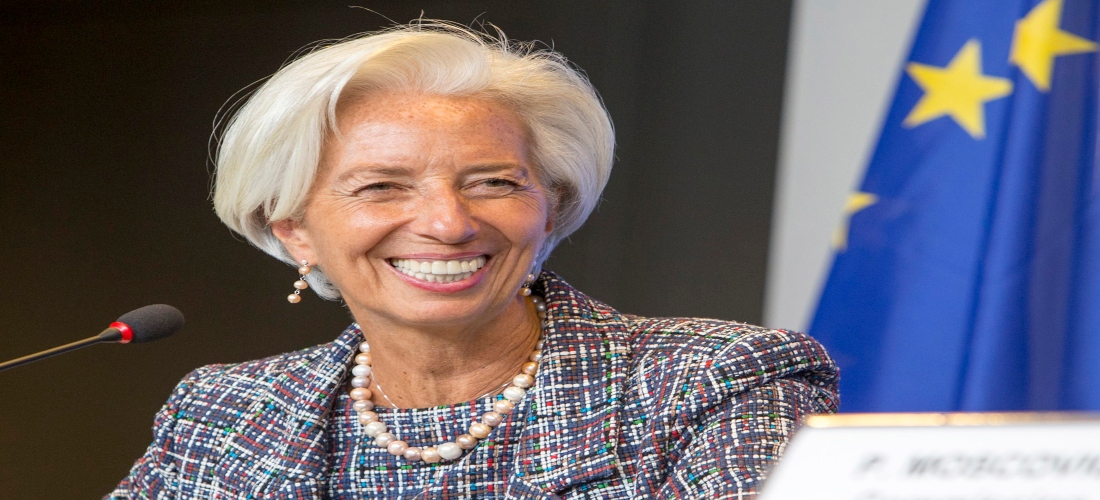NEWS

The plenary supports the candidacy of Christine Lagarde to chair the ECB
The candidate to preside over the European Central Bank, Christine Lagarde, has won the full support by 394 votes in favor, 206 against and 49 abstentions.
After the support of the European Parliament, it will be the heads of State or Government of the EU who have the final say on their appointment, predictably in the October European Council.
If Lagarde then obtains approval, he will replace Mario Draghi as head of the European Central Bank (ECB) from November 1, for an eight-year term.
Full debate
The vote in the plenary took place after MEPs had a debate about it. Previously, Lagarde had responded on September 4 to the questions of the MEPs of the parliamentary commission on Economic and Monetary Affairs, which allowed MEPs to support his candidacy.
"The commitment of the ECB and its presidents to preserve the single currency with concrete actions [...] has made a fundamental contribution to protect the euro and improve the well-being of all European citizens," said the president of the Economy commission, Irene Tinagli (S&D, Italy), in the plenary before the vote.
Tinagli stressed that Lagarde's responses to MEP questions show that he is aware of the tasks and challenges he will face, as well as his suitability for the position.
Lagarde Nomination
France's Christine Lagarde was nominated in July by EU leaders.
Lagarde is currently, and since 2011, managing director of the International Monetary Fund (IMF), a position he will resign if he is finally elected to the ECB. Before leading the IMF, she was minister of the French government in different portfolios, including that of Economy and Finance between 2007 and 2011, under the presidency of Nicolas Sarkozy.
If Lagarde gets the position, she will be the first woman to chair the ECB. MEPs have asked for more women in high-level positions in economic and monetary matters.
Mandate against the ECB
The presidents of the ECB are appointed for a non-renewable period of eight years by the EU Heads of State or Government, but Parliament must be consulted beforehand. Parliament's opinion is not binding on the European Council, but it has some weight for the legitimacy of the candidate, since it comes from the democratically elected body of the EU.
The European Parliament and the ECB
A key principle in the work of the European Central Bank is its political independence, which means that it should be free to pursue its objective of maintaining price stability without being subject to political pressure.
Even so, in the interest of democratic responsibility, the president of the European Central Bank attends quarterly hearings in the Committee on Economic and Monetary Affairs of Parliament, a process known as "monetary dialogue", to explain the monetary policy and decisions of the bank in front of the representatives elected by the citizens of the EU.
The ECB president also presents the bank's annual report in a plenary session and responds in writing to the written questions of MEPs.



